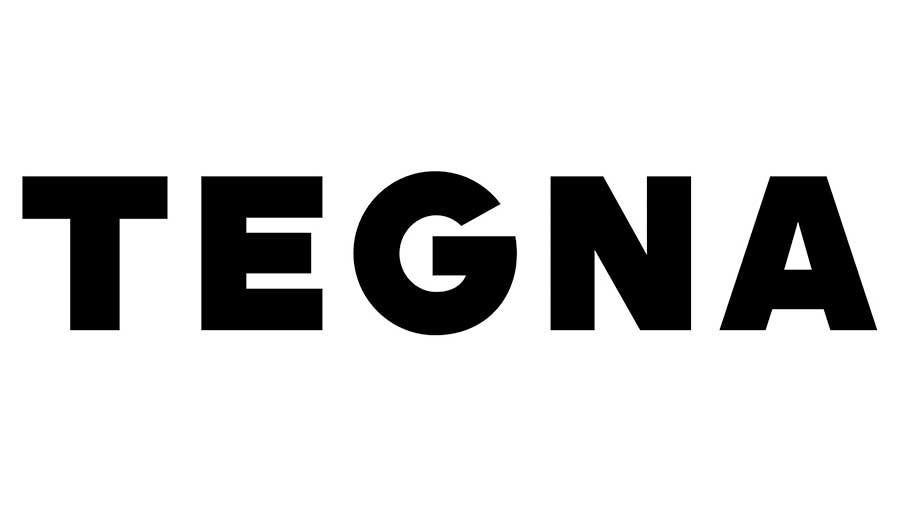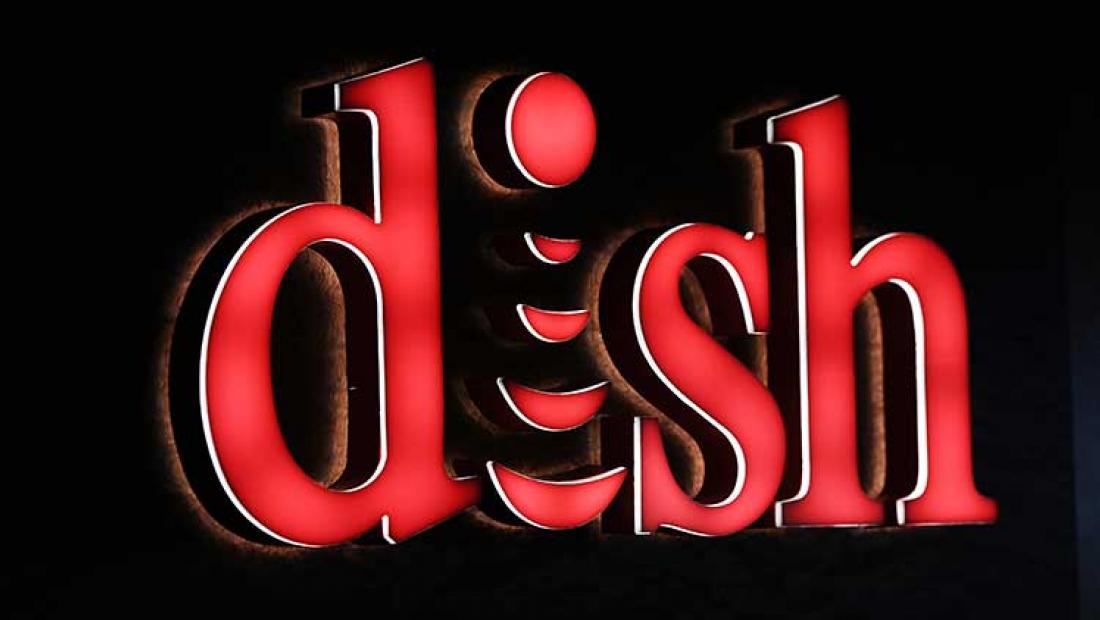Dispute With Dish Network Blacks Out Tegna Stations

The smarter way to stay on top of broadcasting and cable industry. Sign up below
You are now subscribed
Your newsletter sign-up was successful
Tegna and Dish Network were unable to renew their retransmission consent agreement and the broadcaster’s 47 stations were blacked out to Dish’s subscribers.

“Tegna has worked hard over the course of months to reach a fair, market-based carriage agreement with Dish, something we have successfully done with hundreds of cable and satellite providers across the country with no disruption of service. It is disappointing that we have been unable to reach such an agreement with Dish to support our ability to bring viewers high-quality news, sports, weather and entertainment programming,” the broadcaster said in a statement.
“While we remain hopeful that this will get resolved quickly, DISH viewers should know our channels remain available on every other service provider in their community as well as many over-the-top (OTT) providers, who offer instant access when viewers sign up. As always, our stations are also available for free over-the-air and viewers can watch our newscasts live on our stations’ apps,” Tegna said.

Related: HBO Blacked Out to Dish Subscribers
Dish has been involved in a larger number of carriage dispute than other distributors.
Related: Univision Networks Go Dark to Dish Subscribers
HBO and Univision are currently unavailable to Dish subscribers.
The smarter way to stay on top of broadcasting and cable industry. Sign up below
Dish blamed Tegna, saying the broadcaster wanted to double it rates for local channels, even as broadcast TV ratings decline.
“Tegna refused Dish's offer to extend the contract, instead choosing to black out its stations on the eve of college football's conference championships and during the homestretch for the NFL season. It couldn't be more obvious that TEGNA is using its own viewers as leverage as it demands nearly double the monthly rates, even as ratings on broadcast TV are down double digits," said Andy LeCuyer, Dish senior VP of programming.
Tegna rejected Dish’s offer of a short-term contract extension that would include a retroactive true-up when new rates were agreed upon and would preserve the ability of DISH customers to access the stations while negotiations continued. The true-up would ensure that Tegna was made whole at the new rates for the period of any contract extension.
"The channels could come back today if Tegna would allow it, and we can restore the channels immediately if they give us the green light," added LeCuyer. "On behalf of customers, we ask Tegna to stop punishing its own viewers so we can focus on reaching a fair deal."
Dish noted that according to Nielsen, primetime TV ratings are 12% down on the big four broadcasters over the past five years. During that same period, broadcast retransmission fees more than doubled, from $4.9 billion to $10.2 billion, according to SNL Kagan.
Dish offering digital over-the-air antennas at no cost so that customers in affected markets can watch the stations for free and not miss high-profile programming including NFL football.
Traditional cable and satellite distributors are losing subscribers, but Dish’s willingness to black out programmers might be contributing to a particularly large number of defections.
In the third quarter, Dish reported it had 12.656 million subscribers between its satellite service and its streaming service Sling, down from 12.997 million in the second quarter and 4% from 13.204 million a year ago.
Revenues fell 5% to $3.4 billion.
The HBO dispute is partially linked to Dish’s opposition to AT&T’s acquisition of HBO’s parent company Time Warner. AT&T owns Dish’s satellite rival DirecTV. AT&T is fighting the Justice Dept. which has appealed the approval of the acquisition.
Dish , which has been removing Univision-owned networks since early this year. Univision Deportes was pulled off Dish on November 14.
Dish has said those Spanish-language channels may never be restored because Univision offers them directly to consumers over the internet.
Univision CEO Vincent Sadusky said he expected the dispute would lead to Dish losing more subscribers, particularly among Hispanic customers.
Jon has been business editor of Broadcasting+Cable since 2010. He focuses on revenue-generating activities, including advertising and distribution, as well as executive intrigue and merger and acquisition activity. Just about any story is fair game, if a dollar sign can make its way into the article. Before B+C, Jon covered the industry for TVWeek, Cable World, Electronic Media, Advertising Age and The New York Post. A native New Yorker, Jon is hiding in plain sight in the suburbs of Chicago.

